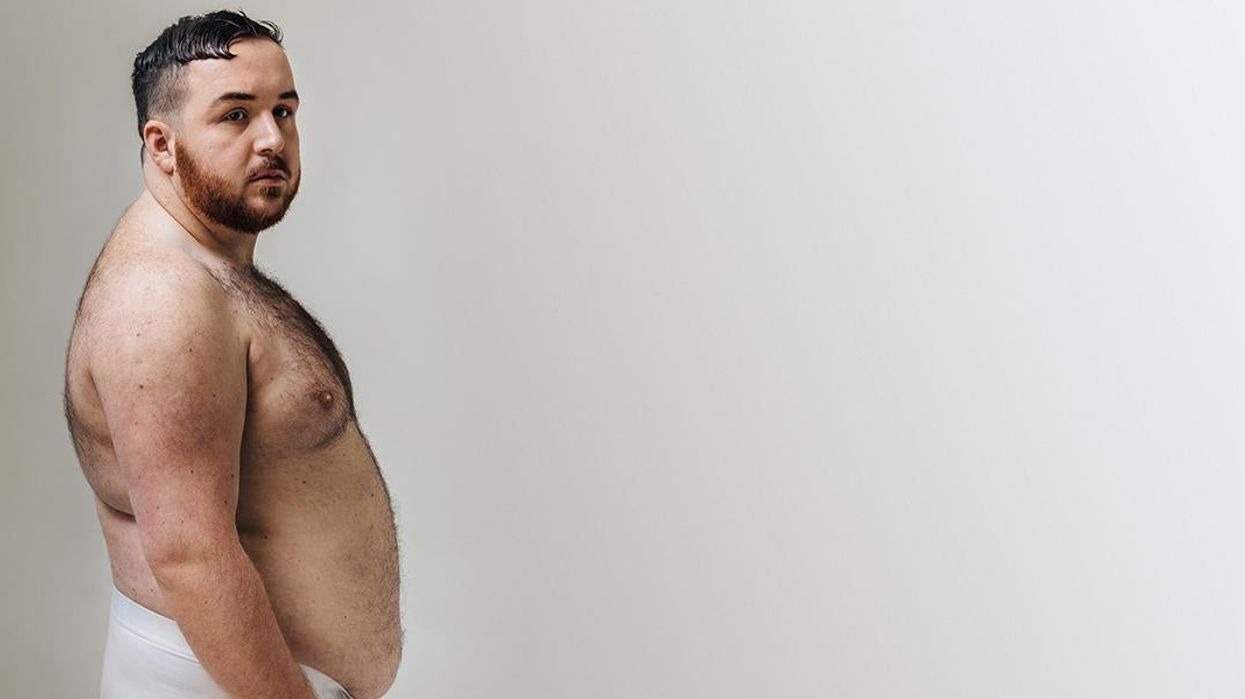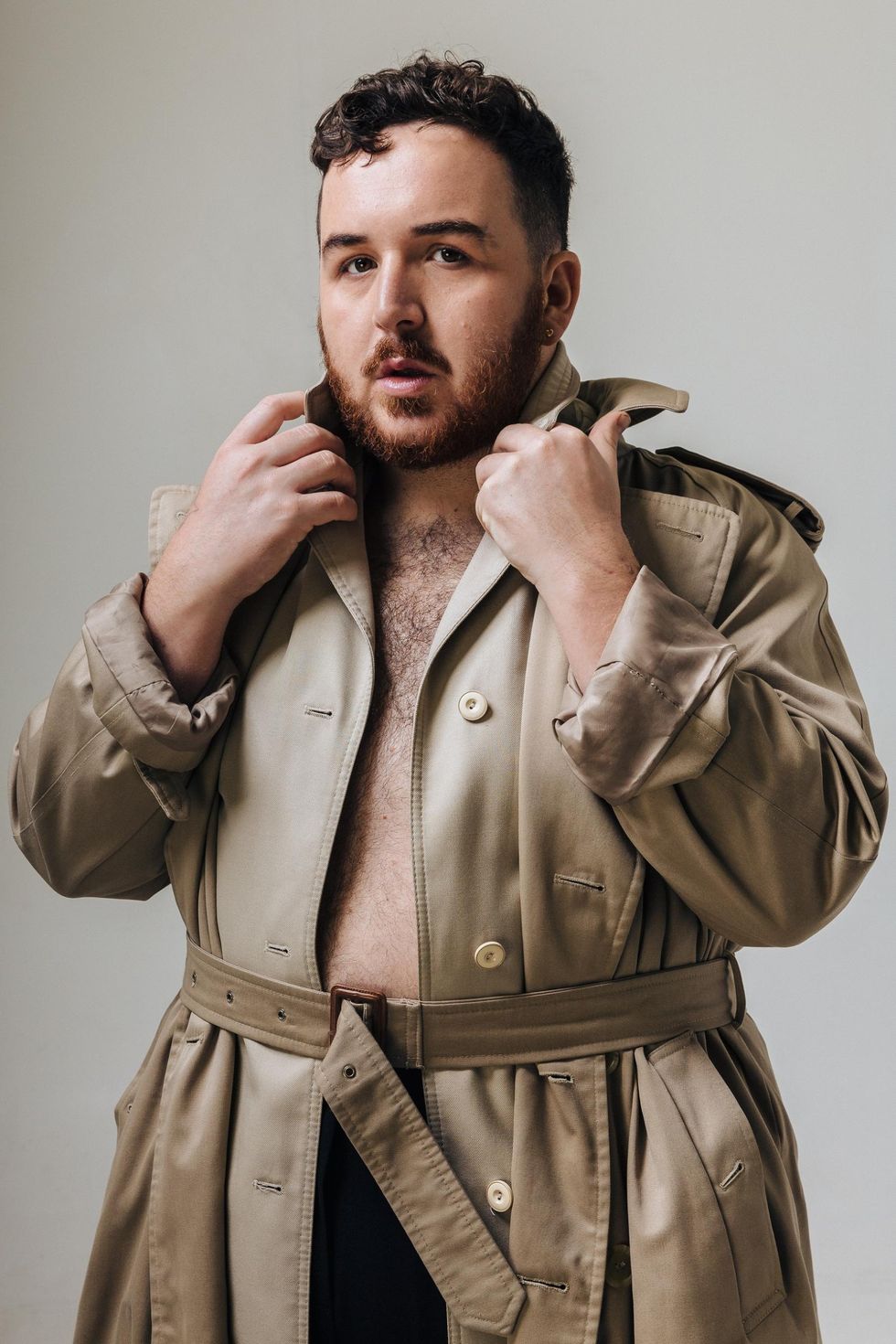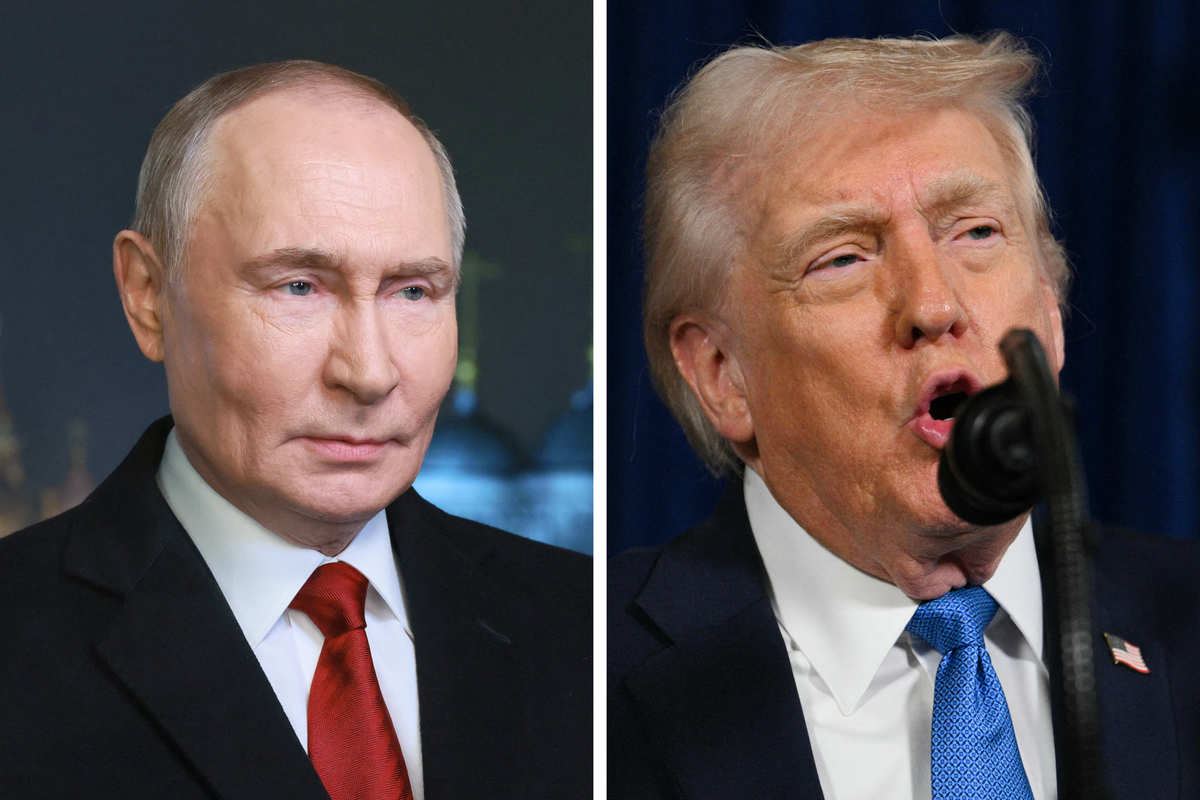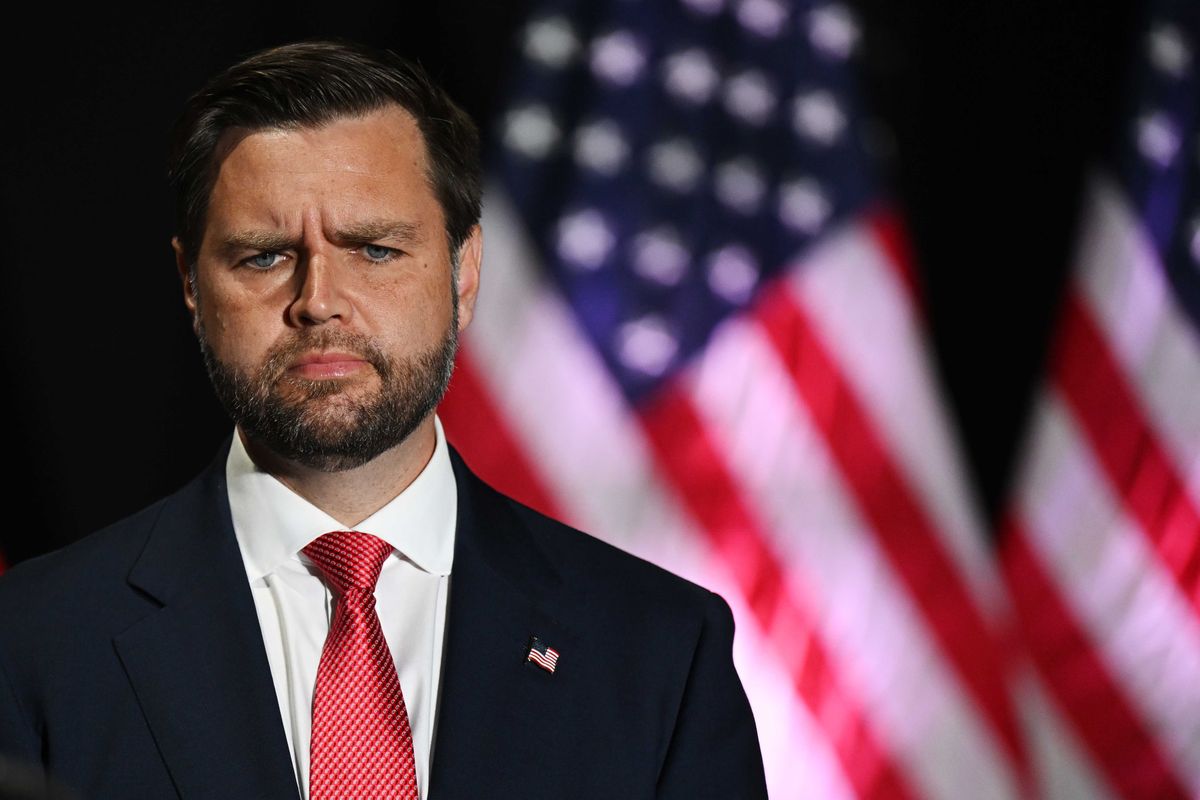News
Louis Staples
May 22, 2018

Holly Revell
The rise of social media has coincided with hotly contested debates surrounding body image and health.
After insta-famous “clean eating” health bloggers became widely followed, spawning cook books and TV deals aplenty, the body positivity movement also gained traction. The figureheads of the body positivity movement, which encourages people to love their body regardless of their size, include models, influencers and performers who may be considered, or describe themselves, as fat.
No longer constrained by the opinions of magazine editors or casting directors, social media’s democratisation of the internet has allowed this new conversation to thrive. Nevertheless, being considered overweight in a society that celebrates and encourages thinness is still far from easy.
British artist and writer Scottee, whose work explores his experience of life as a fat, queer man, knows this all too well.
Growing up in a working class family, with grandparents who came to the UK to avoid starvation, Scottee did not associate being fat or chunky with being unhealthy. In school, he quickly learned that that humour could help him avoid being defined by his weight.
I was the fat kid, but I quickly became the ‘funny kid’. I knew if I used humour I wouldn’t be the fat one or the gay one.
But as he became a teenager people began to pick on him. Sadly, the worst instances of bullying, or “fatphobia” occurred in gay bars, which Scottee thought would be safe and accepting spaces.
I’ve had people throwing whisky on me trying to set me on fire. I was surrounded by groups of older gay men who were vicious to me in public space.
I remember quite vividly crying outside a 24-hour café after a bunch of gay men encircled me and dressed me down for being fat and femme. People think school would be the worst years but for me it was the opposite.
Scottee loves experimenting with clothes, frequently putting together eye-catching and bold outfits. He believes this unsettles people as he is not conforming to the sheepish, reserved persona that society expects from overweight people.
I’ve become a threat because I’m not complying with how we expect fatness to be seen, so people like to put me in my place and shout abuse at me.
The hostility that Scottee receives on a daily basis includes people walking up to him and calling him a “c***”, people taking photographs of him on the tube and diners and shoppers gathering in groups to stare and laugh at him.
My mum gets really angry at. She sees it and wants to protect her child, but it’s become so normal in my and other fat people’s lives.

Scottee believes that his fatness makes people feel like they have free reign to comment on his body as a health risk.
There’s something about fatness that allows people to think they can just be a d*** to you.
As I sober person, if I saw someone having a drink I wouldn’t go up to them and say, ‘You’re promoting an unhealthy lifestyle, this will shorten your life.'
There’s this idea that somehow by being a fat person I’m endorsing children eating pork pies. That’s not what I’m trying to do. I’m just trying to say: ‘This is who I am and this is my body. I don’t police yours so don’t police mine.’
Celebrating ten years as an artist, Scottee’s newest dance show “Fat Blokes” aims to explore his experience of navigating the world as a fat person. The show is “about flab, double chins and getting your kit off in public”, uncovering why fat men are never portrayed as sexy but always as funny, always the “before” but never the “after” shot. Confronting these conversations so unashamedly is designed to test the viewer.
I think people are expecting to come to Fat Blokes and think it’s going to be a laugh – a space where for once they don’t have to hide their laughter and their disgust. I’m playing with that. I’m daring people who think that to come along.
Scottee’s use of the word "fat" to describe himself is also a deliberate move. He approaches this much like the word “queer”, which was once a homophobic insult but has now been reclaimed by the LGBT+ community. For Scottee, these two identities, which both cast him outside the mainstream, are deeply entwined.
I see the word fat as a reclamation. Queerness also fits for me. I feel politically queer, sexually queer and my gender identity is wrapped up in all that stuff.
Queerness works for me as a reclaimmation and fatness does too. I use fat knowingly. I know it’s a charged word. It’s a charged label. But it’s a part of my identity in the same way that queerness or effeminacy is. It’s who I am and I won’t be ashamed of it.
Despite being surrounded by negativity, Scottee has found great comfort in online communities which allow people to connect with and support each other. He views putting his life online as a form of radical resistance.
I put a lot of my life online to say: ‘Look I’m fat, thriving and surviving.' The messages I get from around the world, from teenagers going through horrific bullying because of how they look, make me think that my survival is activism.
Fat Blokes is showing in Manchester from May 22-24 and in London from November 8-11. Find out more at scottee.co.uk
More: Everyone should read this important body positive message from Demi Lovato
Top 100
The Conversation (0)













